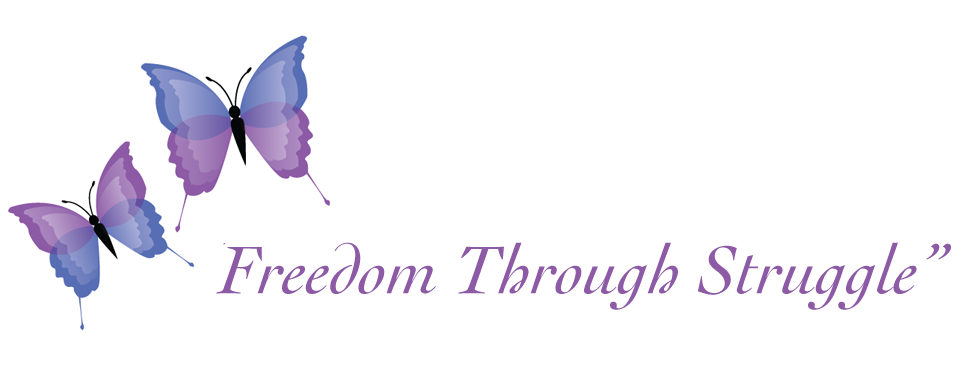The wounds of childhood
Children need Love
When we are little, we need to be loved, accepted and safe – emotionally and physically. Children need parents who are ‘good enough’ to protect and take care of them. The circumstances of our birth make a difference – if we have been wanted and our parents relationship is loving it has a profound effect on our self-esteem. Our self-esteem is about how we value ourselves just because we are us. We understand our intrinsic value and dignity.
We are then able to form a healthy relationship with ourselves and other people. We are able to set boundaries and express our needs. We are also able to be empathic with other people and recognise that they have needs too.
If we have been conceived and born into circumstances that are not safe, the impact of this can be far-reaching. Perhaps we have been separated from our parents due their circumstances or events happening around them. This causes wounds of rejection and abandonment.
The impact of Separation
We may have been brought up by someone else – perhaps grandparents or other relatives. These people may be loving but there is a place within each one of us that longs for our parents, our roots – where did we come from?
We may wonder why we have been abandoned and rejected. When there are gaps in the narrative that don’t make sense this can be very anxiety provoking. Humans are meaning-making beings and we try to make sense of how we came to be here and our place in the family and in the world.
Our Inner Child
We all have an inner child (or children) We need these parts of us to be able to play and relax knowing that an adult will keep them safe. If our parents have been emotionally and physically absent, we need our adult selves to be compassionate. Thinking about the ages that significant events happened can help us to begin to make sense of our story. These are the places that we might be stuck and feel powerless.
A vignette – A little girl
A little girl has been separated from her parents from birth. They return to her life when she is 4 years old and take her to live in another country. At age 10 years they send her to boarding school. She cries for 2 weeks and wants her mummy. After that she stops crying. She realises that her mummy is not coming.
Disenfranchised Grief
That little girl was experiencing disenfranchised grief – no one acknowledged this or brought comfort to her. Disenfranchised grief is loss that is not necessarily recognised by society – the loss of parents, home, all that is familiar. Nonetheless it has all the same aspects of grief caused by death – shock, disbelief, bargaining, anxiety, sadness, anger, feeling low….. It needs acknowledgement and comfort before processing.
A sense of Shame
We may feel ashamed of our inner child – perhaps this was the part of us that bad things happened to when we were small. We may blame ourselves and feel that we are not worth loving.
We may have a sense of disconnection from ourselves – the outward self is assured and seemingly confident, but inside there is an emptiness – an awareness of something not being quite right. We may not be able to name it but we know that there is a lack of peace.
Anger – Suppressed and Explosive
Sometimes anger is suppressed but there are physical symptoms – headaches, stomach-aches, tight muscles, clenched teeth.
We may also find that we are quick to anger – the slightest misunderstanding with other people and our response is explosive. This can hinder our ability to form healthy relationships with other people.
Hidden Wounds
When our inner child has been wounded they may be hidden from us. If our needs have not been met in childhood we find a way of coping by suppressing our needs. We may have a narrative that dismisses or minimises ourselves and focuses on taking care of other people. In our need for connection, we may not recognise boundaries or when we are exhausted. People-pleasing can become an unconscious survival strategy.
How can counselling help?
Counselling can help us to explore our childhood history and the impact of this on our adult selves. Wounds can gradually be healed by connecting with our wounded inner child gently and validating our experience. Checking in with ourselves by finding a quiet space can make a difference. We can ask – How am I and what do I notice? Once we have identified this we can ask ‘What do I need right now that would help me?’ This can be the start of getting to know parts of ourselves that we have become separated from. In therapy we go gently – at your pace – getting to really know ourselves takes time and compassion.

